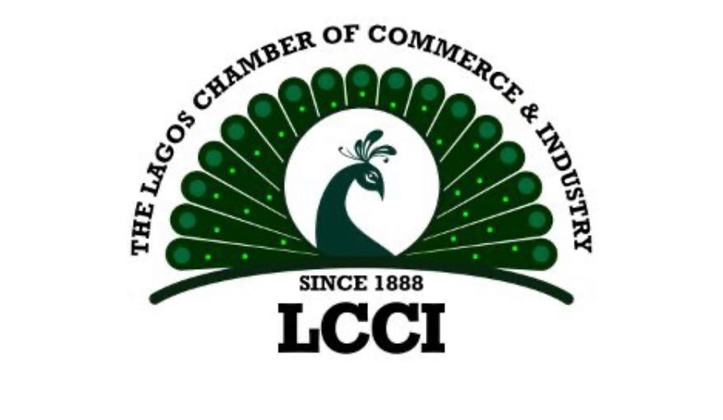The Lagos Chamber of Commerce and Industry (LCCI) has warned that recent improvements in Nigeria’s inflation rate should not lead to complacency, as persistent insecurity and rising global tensions could push food prices higher in the coming months.
The caution was issued by the Director-General of the LCCI, Dr. Chinyere Almona, in reaction to the National Bureau of Statistics (NBS) report showing a decline in the country’s inflation rate to 22.97% in May, down from 23.71% recorded in April.
While welcoming the marginal decline, Dr. Almona noted that Nigeria’s economic environment remains fragile, especially with structural challenges in food production, supply chain bottlenecks, and global market volatility still posing serious threats.

“This is a positive development and reflects the impact of the Central Bank’s monetary tightening, particularly the interest rate hikes and liquidity measures,” she said. “However, the underlying risks remain, and any shock domestic or international could easily reverse these gains.”
She specifically pointed to the surge in herdsmen-farmer conflicts in the Middle Belt, worsening flood disasters, and the fragile state of logistics as major risks to food production in the second half of 2025.
“Escalating tensions in the Middle East, unresolved hostilities between Russia and Ukraine, and the resulting disruptions to global supply chains also mean that importing key commodities, including fuel, may become costlier,” Almona said. “These developments could stoke food inflation, which already forms a significant component of Nigeria’s headline inflation.”
She called on the federal government to intensify efforts to improve agricultural resilience through investment in irrigation, dry-season farming, and mechanisation. Dr. Almona stressed that Nigeria must break its overdependence on rain-fed agriculture if it hopes to stabilise food supply and pricing.
“The government needs to scale up logistics support for moving farm produce to urban centres. Too much is lost between the farm and the market. Addressing those inefficiencies can reduce post-harvest losses and food prices,” she said.
In addition, the LCCI recommended sustained fiscal discipline and a coordinated economic strategy, including continued implementation of the naira-for-crude exchange policy and supply of crude to local refineries to contain fuel costs.
Dr. Almona urged the Central Bank of Nigeria to maintain a prudent monetary stance while improving access to credit for agriculture and manufacturing sectors. She also insisted that government borrowing through Ways and Means advances should remain halted, despite fiscal pressures.
“The progress made is fragile, and without focused action, particularly in the areas of security and agricultural infrastructure, inflation could once again rise, affecting millions of Nigerians,” she warned.
She concluded by encouraging authorities to view the current inflation figures not as a victory, but as an opportunity to double down on structural reforms that would make Nigeria’s economy more resilient to both domestic and external shocks.




